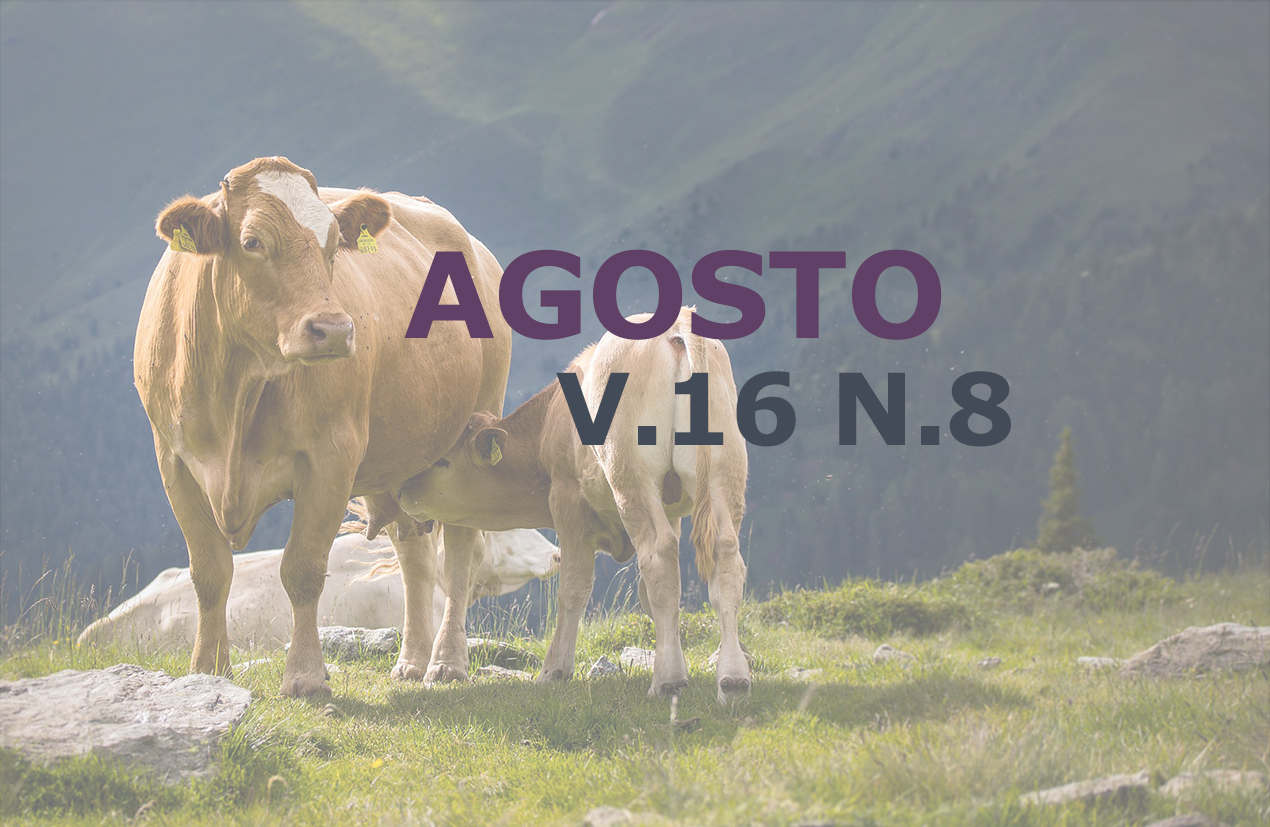Canine sporotrichosis: Case report
DOI:
https://doi.org/10.31533/pubvet.v16n08a1184.1-5Keywords:
Sporotrichosis, Sporothrix, itraconazoleAbstract
Sporotrichosis is a fungal zoonosis that can affect several species of animals. The present report refers to a 1-year-old female Shih-tzu dog, domiciled, who presented nasal swelling with depigmentation, serosanguineous secretion, sneezing and inspiratory dyspnea. After ruling out the suspicion of neoplasia by histopathology, which showed a result compatible with mild lymphoplasmacytic rhinitis, the patient was referred for consultation with an immunologist. To carry out a differential diagnosis, he went to the São Paulo Zoonoses Surveillance Division, where material was collected from the nostrils using a swab for fungal culture, positive for Sporothrix spp. The dog had no history of contact with animals with sporotrichosis, and the main suspicion of infection was through the soil of a potted plant, located in the residence. Treatment was performed with Itraconazole 10 mg/kg SID for 11 weeks, and continued for another 10 weeks after complete remission of the lesion. After 2 weeks of antifungal suspension, the animal returned with increased nasal volume and dyspnea, requiring resumption of treatment with itraconazole, with total remission of the lesion after 12 weeks. Veterinarians must be aware of the epidemiological context of the region and incorporate sporotrichosis into their routine as a differential diagnosis in cases in which the patient presents skin lesions and follow the patient after treatment is discontinued to assess recurrence.
Downloads
Published
Issue
Section
License
Copyright (c) 2022 Fátima Mendes, Juliana Anaya Sinhorini, Tamara Leite Cortez

This work is licensed under a Creative Commons Attribution 4.0 International License.
Você tem o direito de:
Compartilhar — copiar e redistribuir o material em qualquer suporte ou formato
Adaptar — remixar, transformar, e criar a partir do material para qualquer fim, mesmo que comercial.
O licenciante não pode revogar estes direitos desde que você respeite os termos da licença. De acordo com os termos seguintes:
Atribuição
— Você deve dar o crédito apropriado, prover um link para a licença e indicar se mudanças foram feitas. Você deve fazê-lo em qualquer circunstância razoável, mas de nenhuma maneira que sugira que o licenciante apoia você ou o seu uso. Sem restrições adicionais
— Você não pode aplicar termos jurídicos ou medidas de caráter tecnológico que restrinjam legalmente outros de fazerem algo que a licença permita.





